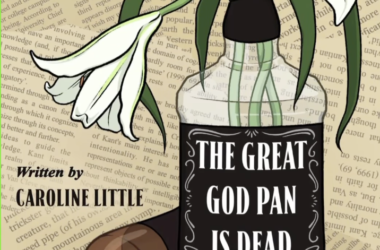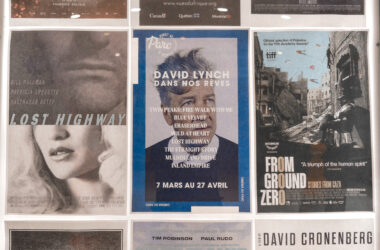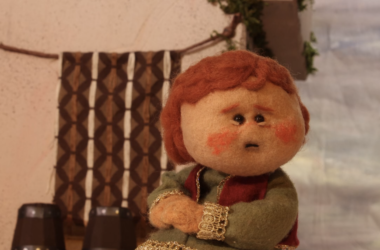
Jane Urquhart was born a writer, but she never envisioned that she would one day be considered among the ranks of the most widely read and respected Canadian authors. With the recent publication of her seventh novel, Sanctuary Line, Urquhart has been nominated for the prestigious Giller Prize: an award honouring the author of an outstanding work of Canadian iterature.
Aside from demonstrating Urquhart’s astonishing prose and vivid, cinematic descriptions, Sanctuary Line’s importance stems from its ability to incorporate—and masterfully weave together—a number of contemporary Canadian issues.
“It’s a novel that’s almost impossible to describe,” says Urquhart. “When I try to describe it, it sounds as if it should be 1,400 pages. But in fact it’s quite a slim book. I wanted it to be spare, not burdened with too much stuff because of the various things that were occupying my mind at the time.”
Among the many issues she grapples with are the plight of the monarch butterfly in Canada, the decline and almost full disappearance of the family farm in Ontario, and Canada’s uncharacteristic role as a combatant in Afghanistan. (Particularly female involvement in the combat.) Urquhart skillfully touches upon these issues by telling the story of entomologist Liz Crane who returns to her family’s 150-year-old farm to study butterfly migration. There, she mourns her cousin Mandy who died in Afghanistan, and reminisces about how her uncle Stanley’s mechanization of farming techniques contributed to the demise of the traditional family farm.
While Urquhart is not among the camp of writers and scholars who consider Canadian literature to embody something inherently distinct from other Anglophone writing, she certainly credits her country’s unique geography and history with providing the landscapes for her works.
“My work is geographically autobiographical,” says Urquhart. “I do come from an agricultural past; a pioneer, Irish past that has intrigued me all my life. I didn’t grow up in Essex county, but I visited it every summer, so in that way I’m like Liz, who’s only in that world in the summertime.”
Urquhart’s work is also part of the body of contemporary Canadian fiction that has brought about the coining of a sub-genre called “Southern Ontario Gothic.” Invoking the Gothic genre made famous by American writers like William Faulkner and Tennessee Williams, the term describes works that similarly critique social conditions and moral hypocrisy, but take place in Ontario.
Other well-known Canadian writers whose works fit into this genre are Alice Munro, Margaret Atwood, and Timothy Findley. As Liz describes her family’s subtle mistreatment of the Mexicans hired to work the farm and emphasizes the ghostly presence of her dead family members, it’s no wonder Urquhart’s work is associated with this term.
“Weirdly, this book may be more [Southern Ontario Gothic] than the works that got associated with that term,” says Urquhart. “Because I am dealing here with the ends of things—the moment when whatever it is that has existed in a seemingly stable state is no longer going to exist.”
And that emphasis on the ends of things that were seemingly stable is the root of the novel’s ironic title. Although the multi-generational Butler family felt incredibly secure in their prosperity and long-standing traditions, a series of events revealed throughout the novel ultimate disprove their apparent stability. While Liz goes back to her childhood summer home as a means of seeking refuge from her painful memories, the memories evoked by the place itself become even more painful.
“The understanding of sanctuary is often a confused one,” explains Urquhart. “The family felt so secure, as if what had been created around them was stable and forever. And of course that wasn’t the case.”
Like many writers, Urquhart is convinced of literature’s ability to not only tell a compelling story, but to teach us something about our history and ourselves. As the study of Canadian history is fairly recent, it was left up to who she calls the “fictioneers” to fill in the gaps. Although she began her career as a poet, Urquhart sees the novel as unique in its ability to re-create lost worlds and bring life to individual stories.
“I like the novel better for me,” she says. “Not as a reader, but as a writer; I am able to create an alternative world and keep it with me for long periods of time. When I’m in the middle of writing a book, it’s the happiest time of all.”








